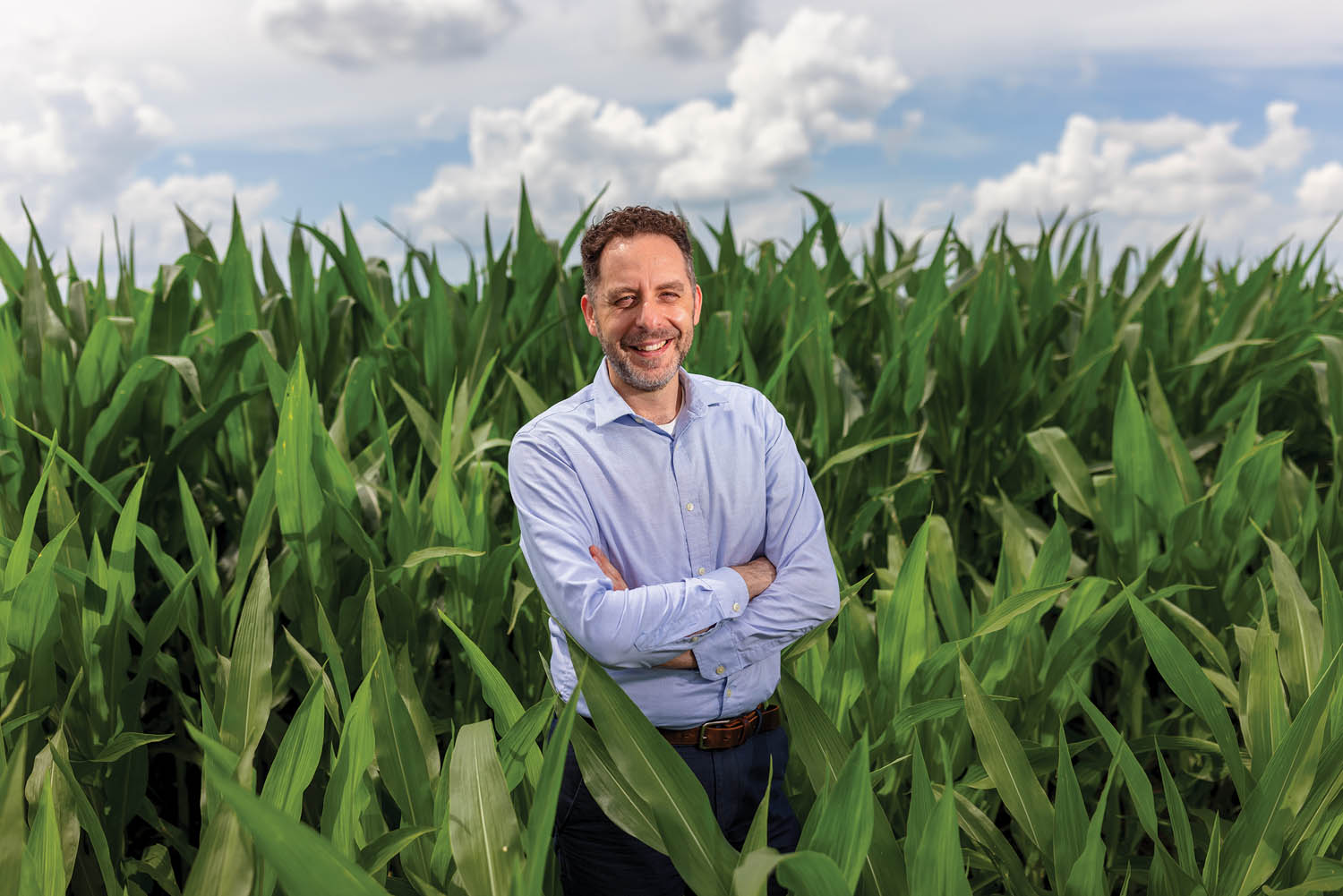Successful irrigated agriculture depends on more than farmers and technology. It also needs a robust business ecosystem. Nebraska researchers are building on established connections in Rwanda to study and support those ecosystems elsewhere in sub-Saharan Africa. Researchers with the Daugherty Water for Food Global Institute are using a three-year, $1 million grant from the United Nations International Fund for Agricultural Development to advance access and education around smallholder farmer irrigation in the region.
Irrigated agriculture is an important pathway to improved food and nutritional security and resilient rural economies, which are critical to feeding a growing world population amid climate change, said Nicholas Brozović, DWFI’s policy director and professor of agricultural economics.
In Africa, irrigation adoption has lagged behind other regions. Brozović, the project’s leader, said this work represents a shift from getting technology into farmers’ fields to addressing the supply and marketing chains that support agriculture.
If we want farmer-led irrigation to scale and to be sustainable, then all parts of that larger entrepreneurial ecosystem must make enough money to provide decent livelihoods for the people involved. That includes, of course, the farmers themselves.
Nicholas Brozović
“To understand scaling and sustainability of farmer-led irrigation, we must take the point of view not just of the farmer, but also of all the enterprises for whom farmers are customers and the enterprises supporting them,” Brozović wrote last year in an article published on Medium.
“If we want farmer-led irrigation to scale and to be sustainable, then all parts of that larger entrepreneurial ecosystem must make enough money to provide decent livelihoods for the people involved. That includes, of course, the farmers themselves.”
The university has a long-term engagement in Rwanda, including support of the new Rwanda Institute for Conservation Agriculture. DWFI has built on that engagement and has been working in Rwanda for several years.
This funding will enable the institute to expand to five other countries in sub-Saharan Africa: Ethiopia, Burundi, Senegal, Niger and Gambia.
Ultimately, three countries will be identified for a “deeper dive” involving more study and training. New irrigation business models will be tested and potentially scaled up for use in the region.
+ Additional content for Improving Business Models for Irrigation in Africa
Nebraska news release: Nebraska team aims to improve irrigated ag in sub-Saharan Africa

